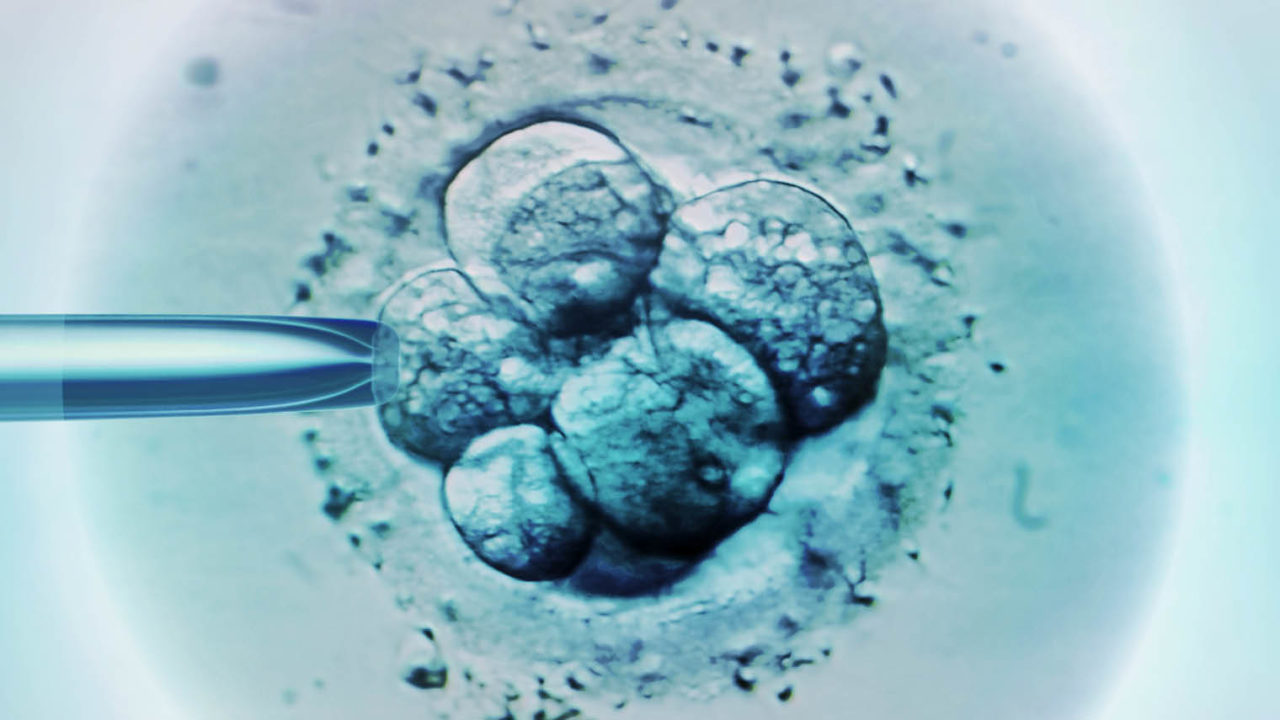In an ideal world, everyone who wants to get pregnant should be able to get pregnant. When ovulation occurs, the presence of sperm within the uterus should improve your chances of getting pregnant – and therefore, create the miracle of life.
However, the world in which we live is not always ideal – and sometimes, we might not be able to get pregnant, regardless of the day when we are trying to conceive. Every effort seems fruitless – and every time we are getting more depressed, knowing that our chances are growing slimmer with each passing month.
In the past, there was nothing we could have done about it. If you couldn’t get pregnant, that was fairly much the end of it. Now, however, you have the option of in vitro fertilization. Medicine today allows us to get pregnant – giving women who tried and failed a higher chance compared to those who have a functional reproductive system.
Why Start on the IVF Journey?
If you have difficulties conceiving a child, there might be some infertility issues going around with you. Some might have occurred over time – whereas others might be because of a certain genetic condition. Based on the reason, you might have to follow a different medical treatment. Here are the main causes of infertility.
- Fallopian Tube Obstructions: If one or both of your fallopian tubes are damaged, then it might be impossible for the egg to become fertilized. In the off chance that the egg does manage to get fertilized, it is unlikely that it will succeed the trip through the fallopian tube and into your uterus.
- Premature Ovarian Failure: Also referred to as “early menopause,” this is the explanation for when your ovarian functions stop before you reach 40. Because of this, the estrogen production is reduced, the eggs won’t be released – and your fertility will, therefore, be reduced.
- Low Ovulation: If you have an ovulation disorder, the presence of eggs will be prevented. Needless to say, without this, fertilization will not be able to occur.
- Endometriosis: This is a condition where your uterine tissue starts growing outside the lines of your actual uterus. Because of this, the functions of your reproductive organs might be affected.
- Uterine Fibroids: A fibroid found in your uterus resembles a benign tumor. They are generally not life-threatening – but can put a stunt in your fertilization plans. Because of this, you might have to undergo a special treatment to minimize the tumors and/or remove them.
- Unhealthy Sperm: Men can also be the reason why infertility can occur. If the sperm count is low, the mobility is weak, or it has an odd size or shape, then it might be rather difficult for the couple to get pregnant.
- Genetic Disorders: Sometimes, the cause of your inability to get pregnant has been passed down through generations. If you suspect or know that your problem is of genetic causes, IVF can provide pre-implantation genetic diagnosis prior to the embryo transfer in the uterus. This way, the embryo will be screened for any genetic problems – and if they find traces, they will not be used.
The Success Rate of IVF
Several factors may determine the success rate of IVF treatment. In many cases, the numbers look very good. But in others, even with this course of treatment, the numbers might not be that optimistic.
The success rate of this treatment, as mentioned, will depend on factors such as your maternal age, reproductive history, infertility cause, and other lifestyle factors. It is also important to understand that a pregnancy rate is not the same thing as a live birth rate. Generally speaking, the live birth rate is much lower compared to the pregnancy rate.
According to clinical stats in the United States, the live birth rate for an IVF cycle stands at around:
- 41-43% for the women who are under the age of 35
- 33-36% for the women who are aged between 35 and 37
- 22-27% for the women who are aged between 38 and 40
- 13-18% for the women who have passed the age of 20
Most of the time, after an initial consultation, you will receive an approximate of your chances. Bear in mind that even if implantation occurs, you will have to keep in close contact with your doctor and receive further IVF. Sometimes, conceiving can be made impossible simply because your uterus does not provide a friendly environment. Your eggs may be healthy, but if your uterus is “hostile,” the baby will not be able to implant.


